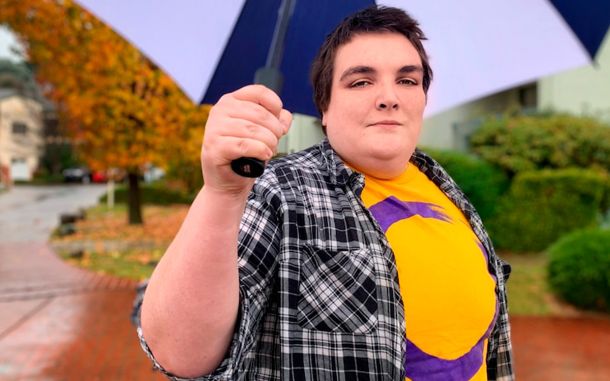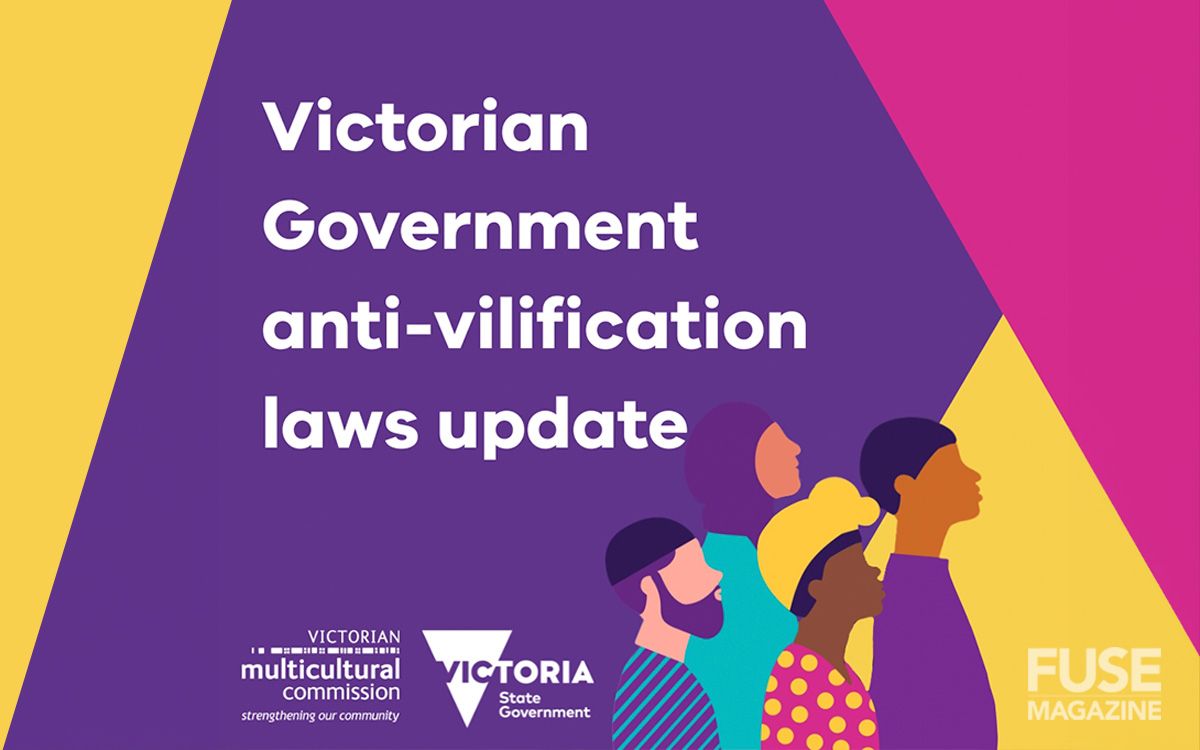Intersex Protection Bill tabled in the ACT Legislative Assembly

An Australian first has occurred in Canberra! In an emotional speech on Wednesday 22 March Andrew Barr, the Chief Minister of the ACT introduced legislation into the Legislative Assembly to protect the medical rights of intersex Canberrans making the ACT the first Australian jurisdiction to legalise such important protections.
This piece of work reflects many years of hard work, tireless advocacy and many other parallel and overlapping pieces of work coming together to get us to this point. SAIS would like to particularly acknowledge the work of Equality Australia, Intersex Human Rights Australia, Intersex Peer Support Australia, and A Gender Agenda in this process.
Announced at Sydney World Pride on March 1st, an Australian first occurred in Canberra later that month.
In an emotional speech on Wednesday March 22nd, Andrew Barr, the Chief Minister of the ACT introduced legislation into the Legislative Assembly to protect the medical rights of intersex Canberrans making the ACT the first Australian jurisdiction to legalise such important protections.
The Bill aims to protect the bodily autonomy, informed consent, and medical rights of minors (and adults under guardianship) in medical contexts. The Bill relates specifically to decision-making for medical interventions designed to alter, affect, or otherwise impact the sex characteristics of an individual with an intersex variation.
- Sex characteristics include chromosomes, genitals, gonads, hormones, and other reproductive anatomy, alongside the secondary characteristics that emerge from puberty such as breast development, hair patterns/growth and changes in body shape and vocal pitch.
- Intersex variations are a range of naturally occurring, innate, congenital differences in a person’s sex characteristics that fall outside of typically understood social and medical norms for female and male bodies. People with an intersex variation may have sex characteristics that are considered both typically male and typically female or neither male nor female (sometimes termed “ambiguous”).
Both in historical and contemporary contexts, when people have observable physical differences, it is the ongoing practice to often medicalise the difference and respond to an intersex variation through proposed and performed medical interventions such as surgeries and hormonal treatments. These are designed to ‘normalise”, “correct” or “fix” the difference, even when there is no medical reason to do so, resulting in many infants and children undergoing unnecessary medical procedures before they are able to choose, consent or agree to them.
This can have serious lifelong physical, mental and emotional impacts, and was declared to be a human rights violation by the United Nations.
The Bill, introduced in Canberra, addresses these issues with legal protections and regulations as part of a broader suite of actions designed to create robust protections. SAIS welcomes the Bill, and is hopeful that it will be supported and come into effect later this year.
For more information, you can:










